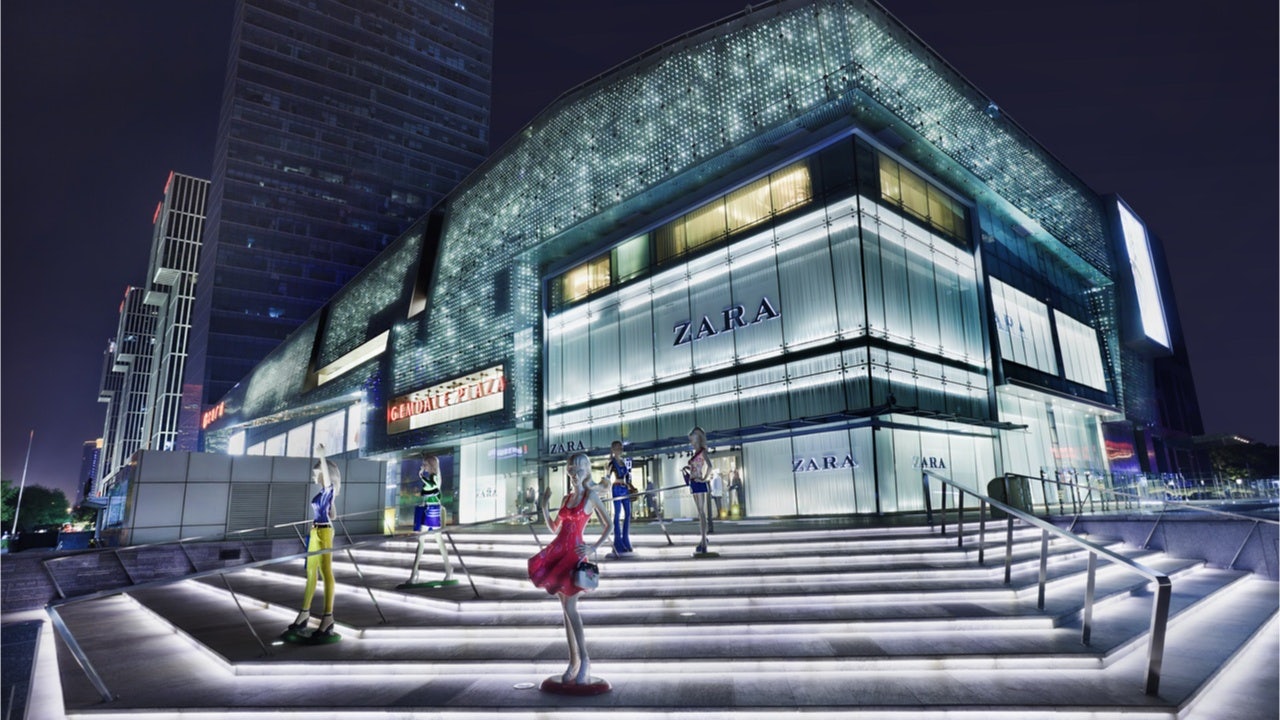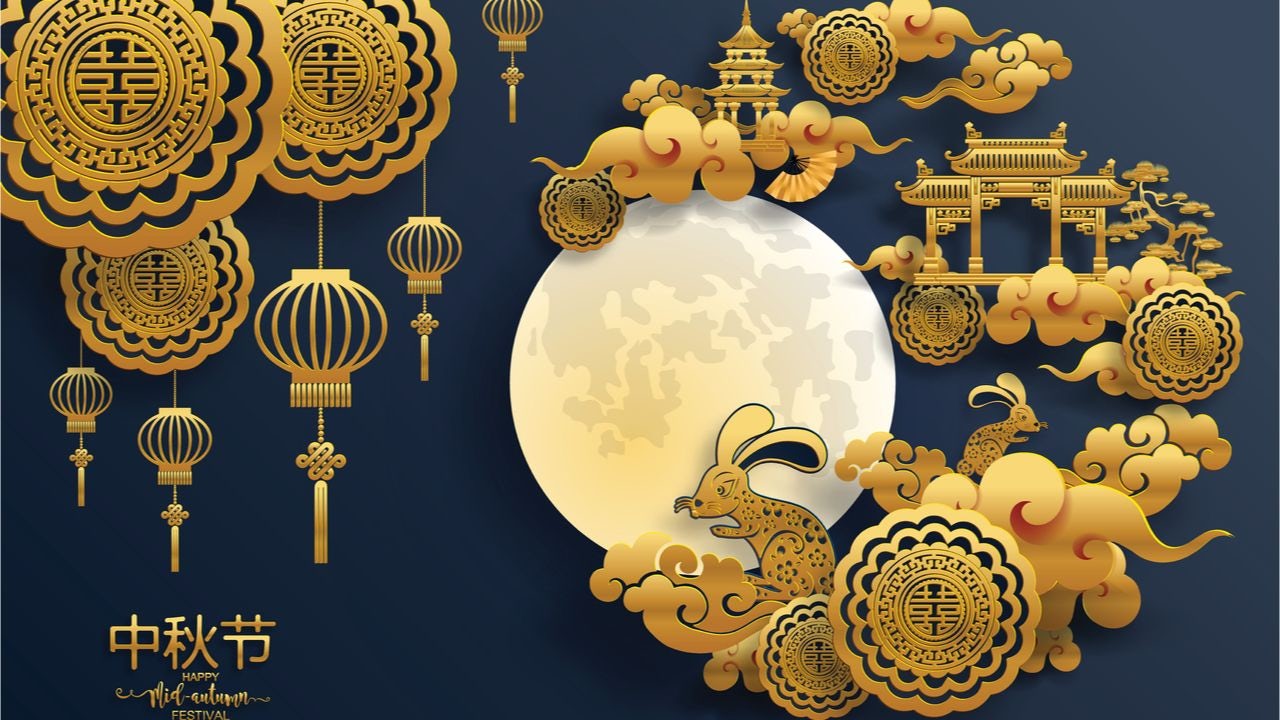This year Jing Daily has closely covered the effects of ongoing protests on Hong Kong’s luxury sector — long one of the world’s most developed and reliable markets. While most foreign brands have sought to keep their heads down in Hong Kong to avoid looking sympathetic to protesters or releasing products that could anger Beijing authorities, some have seen first-hand how chilling the atmosphere in the city has become for employees and their operations.
One notable recent example of this is Zara — which last month had to publish a public apology to distance itself from the Hong Kong protests and ensure its business won’t be frozen out in China due to a misunderstanding about store closings. This followed the most high-profile case of Beijing intervention in a private company in Hong Kong this summer, when Rupert Hogg, the CEO of flagship Hong Kong airline Cathay Pacific, was forced to step down “to take responsibility as a leader of the company” in view of a perceived failure to rein in Cathay Pacific staff participating in protests.
Over the past several weeks, although Zara has incurred no further issues from netizens in China, the problems continue for Cathay Pacific. Most recently, Cathay flight attendants have urged the company to come clean and explain why dozens of staff have been dismissed, making high-profile accusations that the company is in the midst of a “political cleansing” on Beijing’s behalf.
As Bloomberg noted this week: In a joint statement Monday, flight-attendant unions from Cathay Pacific and its regional unit Cathay Dragon accused the airline of monitoring employees’ social-media accounts and obtaining “dubious” information from whistle-blowers as anti-China protests continue to convulse the city. The Hong Kong Cabin Crew Federation put the number of Cathay dismissals at 32, including pilots, since mid-August.
In their accusations, the flight attendant unions have alleged that employees have been terminated without valid grounds for dismissal, based on unverified online and social media content, and are given no chance to provide an explanation. As the unions put it, these firings have given rise to “a culture of fear.”
This union dispute is just the latest in a litany of problems for Cathay Pacific, not least of being a drop in passengers in recent months. The airline slashed flights in August due to weak demand and has slumped its way from the Mid-Autumn Festival into the upcoming Golden Week.
While most retailers have pointed out that the ongoing protests have had little macro-level impact on their business — given they do not envelop the entire city and don’t interfere with normal business hours — it’s expected that this year’s Golden Week could be one of the grimmest in recent memory for major brands.
As Alfred Wu, assistant dean and associate professor of public policy at the National University of Singapore, recently put it, a significant number of mainland Chinese tourists will likely avoid Hong Kong this year for their outbound shopping trips. Said Wu, “I would say that many [mainland Chinese travelers]… think Hong Kong is not a stable a place to go. They worry about violence.” Although Wu admits the violence of the protests is exaggerated by Chinese media, visitors are nonetheless discouraged.
Hong Kong International Airport expects 2 million fewer visitor arrivals this year, and at the beginning of September, the city saw the number of mainland Chinese group tours drop 90 percent over one year prior. City officials have said that they expect this year to be the worst tourism slump in Hong Kong since the SARS outbreak of 2003.
According to the South China Morning Post, the upcoming Golden Week holiday will be a black-and-white gauge of how badly the ongoing protests have dented business in Hong Kong and will most likely show that the city needs to come to the aid of badly impacted tourism industry: Confidence might rebound when unwelcome visitors like Sars go away. That cannot be taken for granted in severe, home-grown political turbulence. It all depends on how it ends. Lingering perceptions of political risk and uncertainty will do nothing to restore confidence or attract the investors, businesspeople, and talent Hong Kong needs. With no end in sight, the protests are testing the principle of big market, small government. The government should be prepared to do what it can to save otherwise viable businesses and jobs from going under.
Expect to see a spike in vacant hotel rooms during Golden Week this year in Hong Kong compared to last year and far fewer high-end shoppers packing luxury boutiques. Hoteliers have reported that only around 40 percent of rooms are currently booked, and despite massive discounts — flight prices from Shanghai to Hong Kong during Golden Week are nearly 40 percent cheaper than last year — airlines, hotels, and retailers are braced for a grim October.
That said, some bargain-minded consumers will likely jump on the opportunity to shop without fighting the usual crowds. As one shopper told Bloomberg, “Hong Kong has never been so affordable… Unlike previous years, there’s no need to scramble to book a room or an air ticket.”


